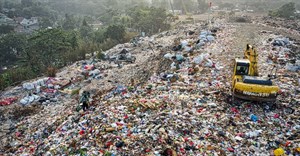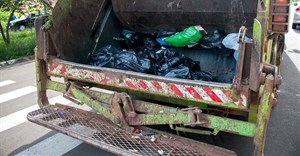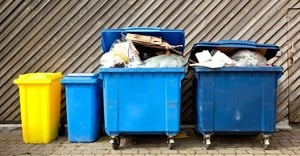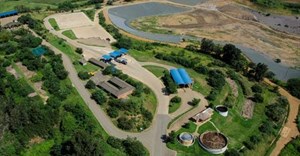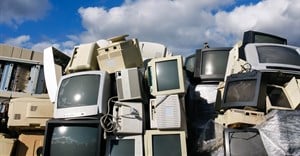Dispose of your e-waste
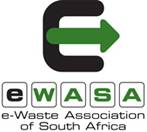
"E-waste can be defined as anything that uses electricity or a battery and is no longer needed. This includes unwanted equipment such as computers, printers, fax machines, cell phones, toasters, microwave ovens, cabling, ink and toner cartridges, or any other electrical or electronic goods or their direct parts. Everything in the home or at the workplace that is driven by electricity, including battery operated items, falls into this category," explains Lene Ecroignard, R&D expert at eWASA.
Drop-off points
- Africa e-waste, Midrand
- Flora Farm Nursery, Boksburg
- Vodaworld, Midrand
- Hartebees Mall
- Hi-Fi Corporation - Boksburg, Clearwater, Fourways, Stoneridge, The Glen and Woodmead
- Holy Rosary School, Edenvale
- Incredible Connection Kolonnade Mall, Pretoria
- Kolonnade Retail Park, Pretoria
- Makro - Centurion, Crown Mines, Germiston, Silver Lakes, Struben's Valley, Wonderboom and Woodmead
- Multichoice, Randburg
- NG Kerk Moreleta, Pretoria
- All Pick n Pay franchise stores (for CFLs, batteries and printer cartridges only)
- Pick n Pay Hyper, Centurion
- Rooihuiskraal Veterinary Clinic
"People often hold onto e-waste, even if they are no longer using it, because it has a perceived value," says Jonathan Shamrock, vice-chairperson of the central branch of the IWMSA. "However, these items are merely creating clutter and could be put to far better use if refurbished or recycled. For this reason, we felt it was pertinent to launch our e-waste collection drive so that people can be informed about what e-waste is and how to dispose of it correctly. E-waste should by no means be discarded with your usual rubbish and should always be taken to a verified e-waste disposal point."
Keith Anderson, chair of eWASA, adds, "Because of the desire for newer, smaller and faster technology; waste electrical and electronic equipment is now one of the fastest growing waste streams in the world. Toxic or hazardous substances in electronic waste are typically heavy metals such as lead, mercury and cadmium, amongst others. Electronics also contain small amounts of gold, silver, copper, platinum; all precious metals that are in finite supply, along with plastic, lead containing monitor glass and other metals. Apart from being essential to keep as much hazardous waste as possible out of landfills, reuse of materials reduces the need to deplete precious resources."
The two organisations hope to host many more such e-waste collection drives in Gauteng in the future that continue to build awareness and consumer consciousness around the management of e-waste.
For more information, go to www.ewasa.org or www.mywaste.co.za.




